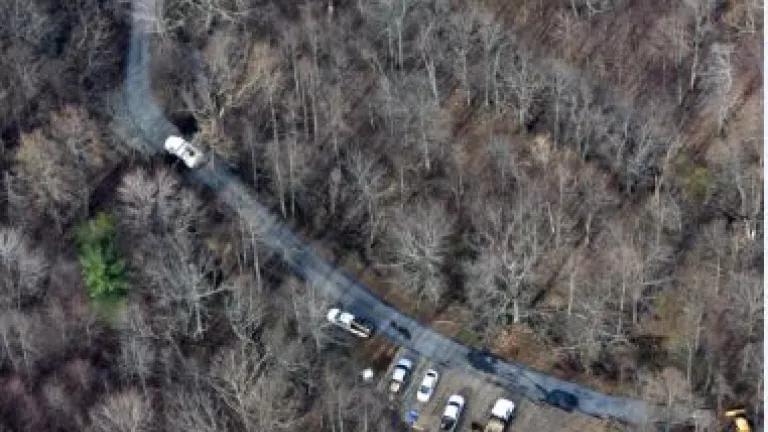Is Dominion's Pipeline Violating the Law?

The Atlantic Coast Pipeline (ACP) hasn’t even gotten final approval yet, but we’re deeply concerned about reports from both state regulators and citizen monitors that Dominion may already be violating its permits. There is no documented need for this pipeline, and certainly no rush. Governor Northam should call a time-out on all pipeline activities until a site-specific analysis has been done to ensure protection of Virginia’s waters.
The Federal Energy Regulatory Commission (FERC) has allowed ACP to start cutting down trees. FERC’s approval come with conditions to protect water and wetlands, and does not allow construction or other ground-disturbing activities. ACP seems to have missed that memo.
Late last week, the Virginia Department of Environmental Quality (DEQ) issued a Notice of Violation to the Atlantic Coast Pipeline (ACP) alleging its failure to protect streams and wetlands on 15 different sites during tree felling operations.
We were already concerned about the compliance record of Dominion Energy Transmission, the primary owner of ACP. In 2014, the West Virginia Department of Environmental Protection entered into a consent order to resolve 13 alleged violations by Dominion during construction of a different pipeline in West Virginia, reported to have polluted clean water more than a dozen times.
And local citizen volunteers have now found evidence that raises questions as to whether there might be more violations.
These local citizens along the path of ACP established a pipeline Compliance Surveillance Initiative (CSI) to monitor ACP’s compliance with environmental regulations. As part of the CSI, volunteer pilots serve as a “Pipeline Air Force,” checking pipeline activities from the air in remote and mountainous areas that are difficult to monitor from the ground.
The first report from the CSI Pipeline Air Force, documented in multiple images, is alarming. ACP has only received permission to cut down trees--not for construction activities--but the Air Force took photos of one site that appear to raise questions as to whether pipeline construction crews are engaged in construction activities like earth disturbance, road building, and constructing a staging area on land very close to the Jefferson National Forest and the Appalachian Trail, where there will be multiple stream crossings.
Additionally, the CSI told me that they compared these photos to "alignment sheets" in ACP’s permit applications, and found that the on-the-ground activities don’t match the permit documents. It’s all available, georeferenced, on their online Compliance Surveillance Mapping System.
We’re saddened, but not shocked. Similar large-scale pipeline construction in nearby states of West Virginia, Ohio, and Pennsylvania has led to multiple and ongoing reported violations.
Fortunately, Governor Northam still has time to fulfill his campaign promises to hold these pipelines to the highest environmental standards and conduct rigorous, science-based, site-specific analysis to prevent these dangerous efforts to rush the process and undermine the law. But time is running out. It’s time for Governor Northam to act to protect Virginia’s waters.

